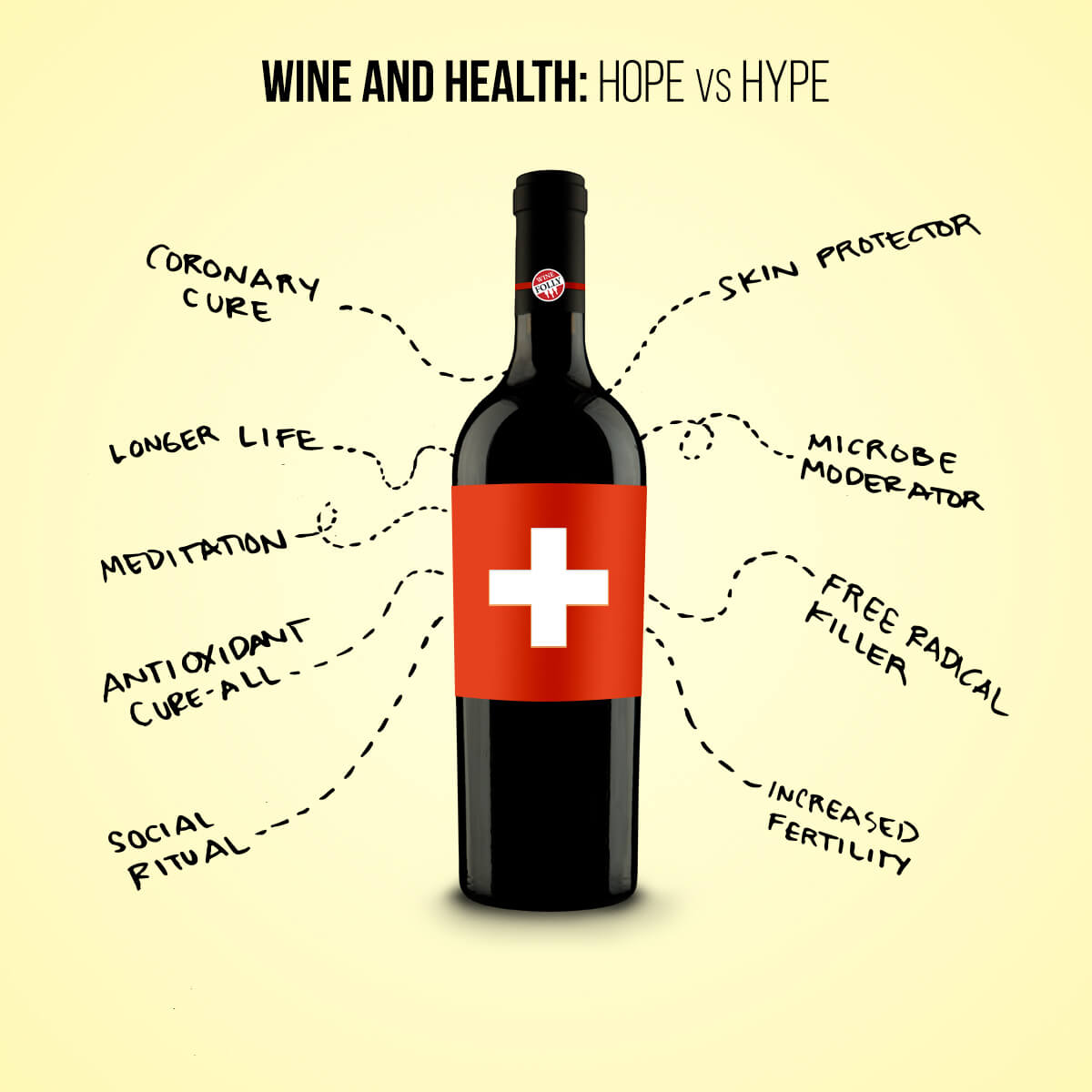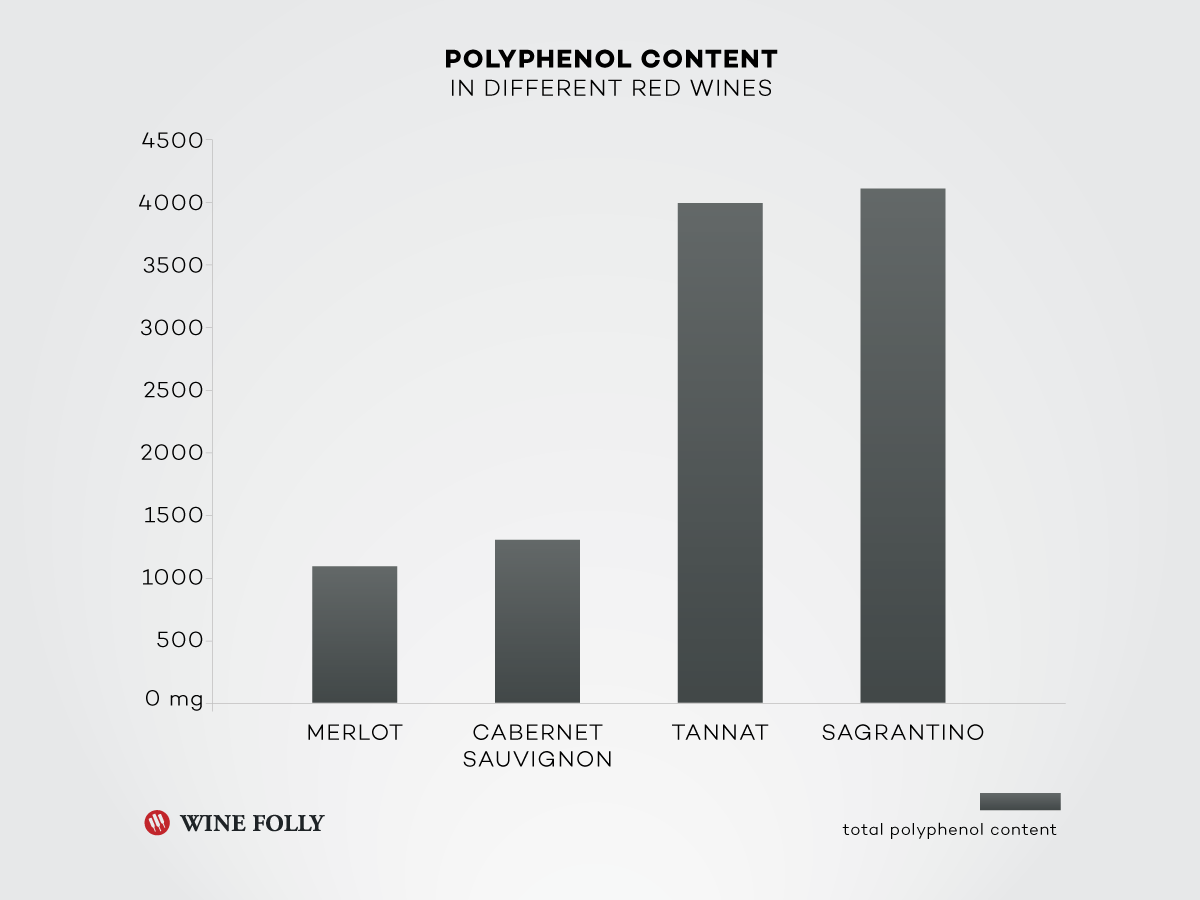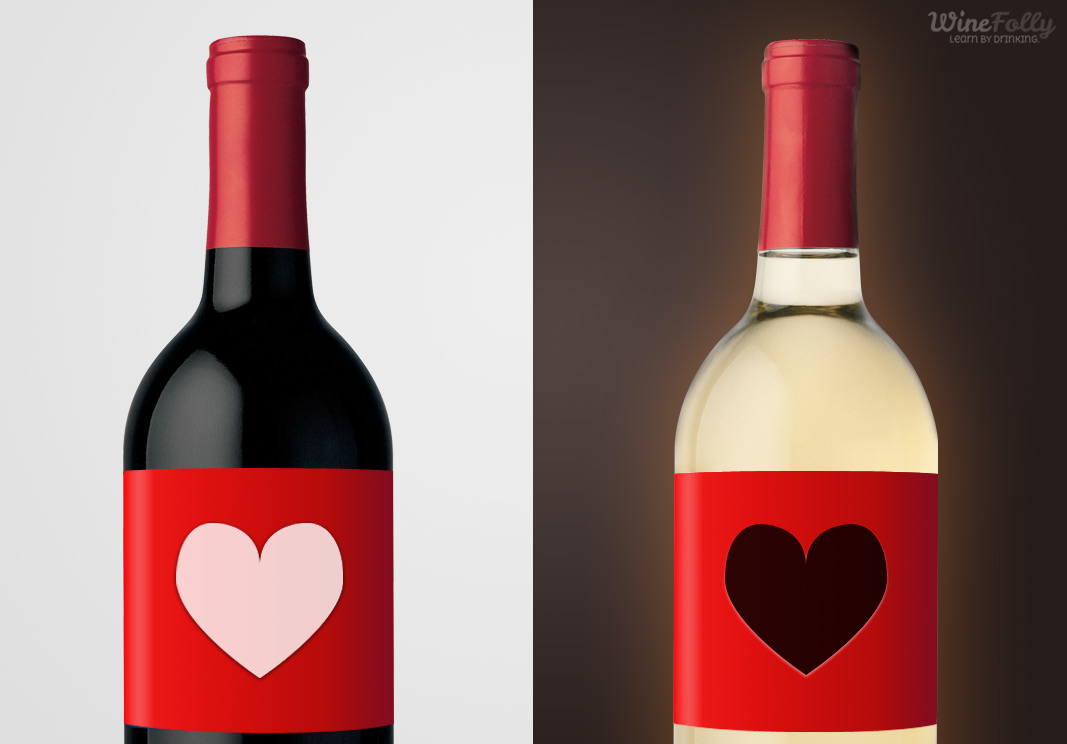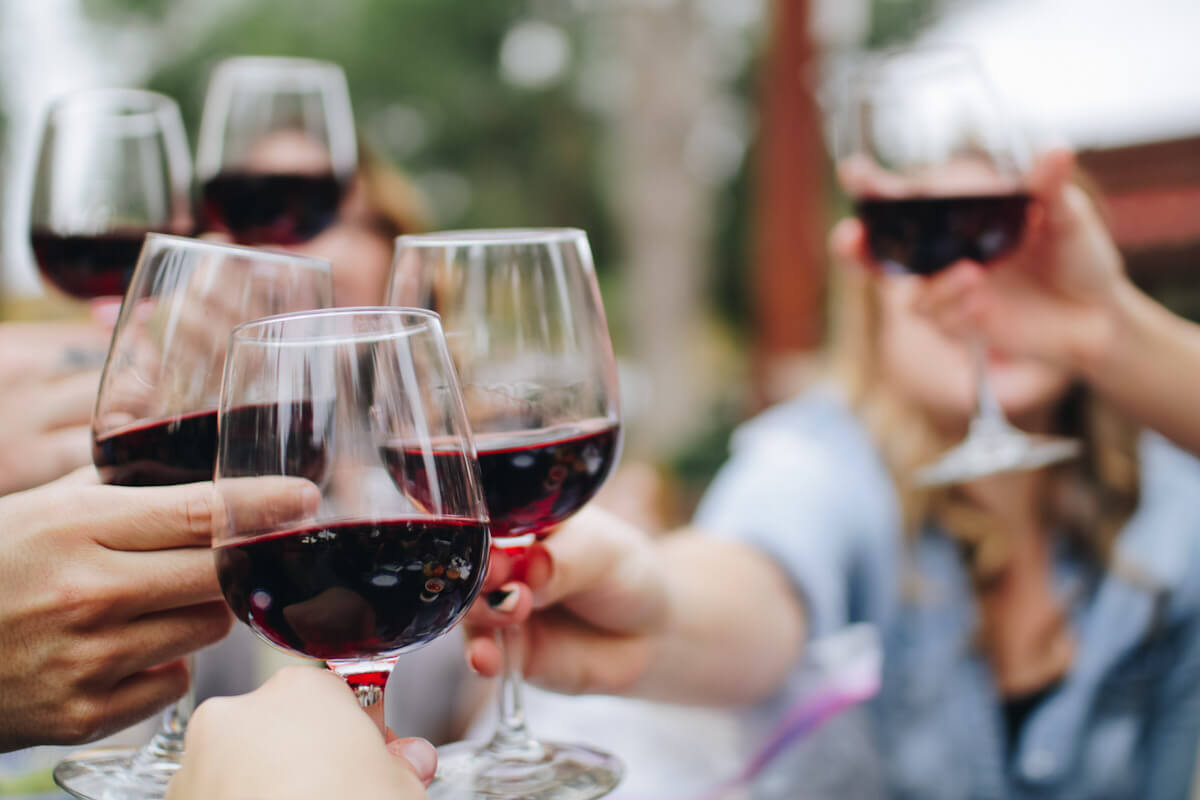There’s both hope and hype around wine and health. From the French Paradox to the Mediterranean Diet and the latest science on aging, let’s explore what’s real — and what’s exaggerated—about wine’s benefits.
A holistic view is key: well-being is the sum of many parts, and wine’s role in health spans biology, psychology, and culture.

What does science really say? Do wine’s benefits outweigh alcohol? Let’s review its long history, biological properties, and psychosocial perks.
A Brief History of “Enotherapy”
The relationship between wine and health goes back a long way. Ancient Egyptian hieroglyphs and Sumerian tablets from 2,200 BCE show wine to be one of the earliest documented human-made medicines.

From ancient Greece and Rome through the Middle Ages, people used wine for everything. It killed bacteria in drinking water, acted as a digestive aid, cleaned wounds, relieved pain, and cured lethargy.
Hippocrates, the “father of clinical and molecular medicine,” praised wine’s health potential. Babylonian kings, Persian doctors and Catholic monastics all valued it, and the Jewish Talmud notes:
Wine is the foremost of all medicines: wherever wine is lacking, medicines become necessary.
Through the 19th and 20th centuries, changing medical perspectives challenged wine’s medicinal status. Since the early 1990s, research into wine’s potential benefits — biological and psychosocial — has surged, inspired by the paradoxically healthy, wine-drinking Mediterranean populations.

Mediterranean Lessons on Wine and Health
In 1991, researcher Serge Renaud highlighted the “French Paradox” on 60 Minutes: high-fat, high-dairy diets paired with daily wine, yet low rates of coronary heart disease.
In France’s Gers region, residents enjoy foie gras, cassoulet, duck fat, cheese, and local reds like Madiran, Cahors, and Bergerac. Polyphenol-rich tannins in these wines may help modulate fat digestion and provide heart-supporting antioxidants.
France: that wine-loving, baguette and fromage-eating nation surpasses many countries in average life expectancy. Not without controversy, French vitality has been attributed to the cultural value of drinking 2-3 glasses of wine a day.

Wine in the Mediterranean Diet
The next biggest thing since the French Paradox has been the Mediterranean diet.
Recognized for its health-promoting effects, the Mediterranean diet blends moderate alcohol consumption (mostly red wine) with less meat and a high intake of vegetables, fruits, nuts, legumes, seeds, and olive oil.
The proof of concept is some of the longest-lived people on earth.
Diet in a strictly biological sense, however, is only part of the story. Along with its cuisine, wine is an intrinsic aspect of the culture, history, and lifestyle of the Mediterranean.
Before exploring the psychosocial benefits of wine further, let’s look at its biological health properties.

Biological Health Benefits of Wine
Red wine owes much of its health appeal to polyphenols, antioxidant compounds found in grape skins and seeds.
Polyphenols – Key Facts
- Polyphenols reside in the skins and seeds of grapes.
- Polyphenols scavenge free radicals, reducing oxidative damage.
- Concentrations vary by grape, climate, vintage, and winemaking technique.
- Red wines have approximately ten times more polyphenol levels than whites (mostly because of a red’s maceration on the skins).
- Resveratrol, found in red grapes and olive oil, has shown life-supporting effects in animal and lab studies.

Resveratrol: King of Polyphenols
Resveratrol (rez-ver-a-trol) has emerged as the single most health-beneficial polyphenol. The good news for us is that red grapes have some of the highest concentrations in nature, along with olive oil.
In the paradigm-shifting book, Lifespan (2019), Harvard geneticist David A. Sinclair can’t sing higher praise for resveratrol’s life-extending effects. Peppered throughout are references to wine’s health benefits.
The best wines in the world are produced in dry, sun-exposed soil or from stress-sensitive varietals such as Pinot Noir; as you might guess, they also contain the most resveratrol.
Is Good Health a Struggle?
Production of resveratrol in plants is in response to stress, thus serving a survival function. This explains why grapes, especially from vines that struggle for water and nutrients, have the highest levels of all.
Just as vines that struggle yield the best grapes, people can be the same way. Sinclair points out that humans are at their most vital under just the right amount of stress.
However, he isn’t talking about the stress you get from a day at the office. Instead, it’s the stress from exercise, intermittent fasting, and hot/cold therapies, combined with a diet high in resveratrol.
Your body is a vineyard! Tend it with care, but also let it struggle.

Wine and Heart Conditions
Since Renaud’s work on the French Paradox, a growing body of research has confirmed that the polyphenols in wine, especially resveratrol, serve a cardioprotective effect.
Regular moderate wine drinking can protect, and reduce heart diseases such as hypertension, coronary artery disease and diabetes.
How? Resveratrol helps break down cholesterol and other arterial plaques, enhances glucose utilization, and reduces oxidative stress. This reduces pressure on the heart and keeps the blood flowing.
Another polyphenol that protects the heart and promotes longevity is procyanidin, which is found in red wine tannins.
So why not seek out some Tannat from Gers or Uruguay, Sagrantino from Umbria, or Cannonau from Sardinia’s Nuoro district?
Check out our deep dive on tannins and list of top tannic wines here.
Wine and Cancer
Some studies suggest moderate wine intake may lower risk for certain cancers, while excessive alcohol increases risks.
Wine’s polyphenols, especially resveratrol and procyanidin, also contribute antioxidant effects that may support overall cellular health.
Other Health Benefits of Wine (Especially Resveratrol)
- Bone health and homeostasis
- Kidney support
- Eye health
- Gut microbiome balance
- Fertility support
- Anti-inflammatory effects
- Skin protection from UV exposure
- Lung function support
As great as it sounds, the science is mixed on the bioavailability of polyphenols in wine (i.e. our bodies’ ability to absorb them).
Some studies claim health benefits from a glass or two of red wine a day. But others say we would need to drink between 100 and 1000 bottles a day to see real benefits (not recommended).
The proof is perhaps in the Mediterranean’s long life expectancy and low heart disease rates, where the psychosocial benefits of wine complement its biological effects.

Psychosocial Health Benefits of Wine
Wine has psychosocial benefits that promote overall well-being.
Research has found that alcohol releases dopamine, the neurotransmitter largely responsible for experiencing pleasure.
What’s more, hydroxytyrosol, a phenolic compound and antioxidant present in wine and olive oil, aids the ethanol-assisted release of dopamine. Win-win!
Resveratrol in wine has been shown to have neuroprotective effects, including protection against the damage that leads to Alzheimer’s and dementia.
A major Spanish study has found an association between low to moderate alcohol intake and lower rates of depression.
However, anything above “moderate” drinking appears to increase the risk (this goes for any other health conditions).

Wine as a Social Ritual
Social rituals, whether formal or informal, play an important role in health and well-being.
Inspired by Epicurean philosophy, the physician Hippocrates advocated a holistic approach to health in which friendship, pleasure, and wine were all necessary.
The pleasure of good wine and company also offers relief from the madness of the world, so wine can literally bring us back to our senses.
As the Korean-German philosopher Byung-Chul Han observes, our “burnout society” orients towards the vita activa while overlooking the vita contemplativa.
The ritual process of wine helps us slow down and become mindful and present. This can be important for health and well-being.
Engaging in restorative activities has shown to be very good for our health. These activities can also make us more productive and creative.

Engaging with the Beauty of Wine
Wine regions and vineyards are not only beautiful but can be “therapeutic landscapes.” Anthropology and cultural geography define these as spaces of healing, especially where natural and social environments overlap.
While visiting winescapes can be therapeutic, neuroscience shows that even imagining or anticipating them can release almost the same levels of dopamine as actually visiting.
Searching for Meaning in Wine
Another psychological health benefit of wine is meaning, something we are all searching for. Wine has a meaningful history that connects us to ancient civilizations, religious traditions, land, climate, and community.
An interest in wine can easily develop into a passion, sending us on meaningful quests (i.e. pilgrimages) for deeper understanding and appreciation of wine.
We need one last sociological caveat after extolling the many health benefits of wine. Because the relatively good health of wine drinkers may be less a cause of wine than an effect of socio-economics.
A Danish study demonstrates that wine drinking is a general indicator of “optimal social, cognitive, and personality development in Denmark”.
Statistically, wine drinkers are better educated, have higher incomes, and are in better overall health than beer, spirits and even non-drinkers.
As the sociologist Max Weber might say, there appears to be an “elective affinity” between wine and positive life outcomes.
Wine and the Good Life
Being a product of nature and culture, wine is a bio-psycho-social affair that calls for an ecological perspective. Of course, reaping the health benefits of wine means balancing its health risks.
Anything over moderate (2-3 glasses a day for males, 1-2 for females) consumption is likely to cancel out the benefits. However, we all have hard days or big nights, so consider one or two wine-free days a week to balance things out.
Wine is best approached in the Mediterranean style – as part of a healthy diet and lifestyle. Doing so can improve our chances of living long and well. This means, among other things, that we can live to explore the myriad wines of the world.
